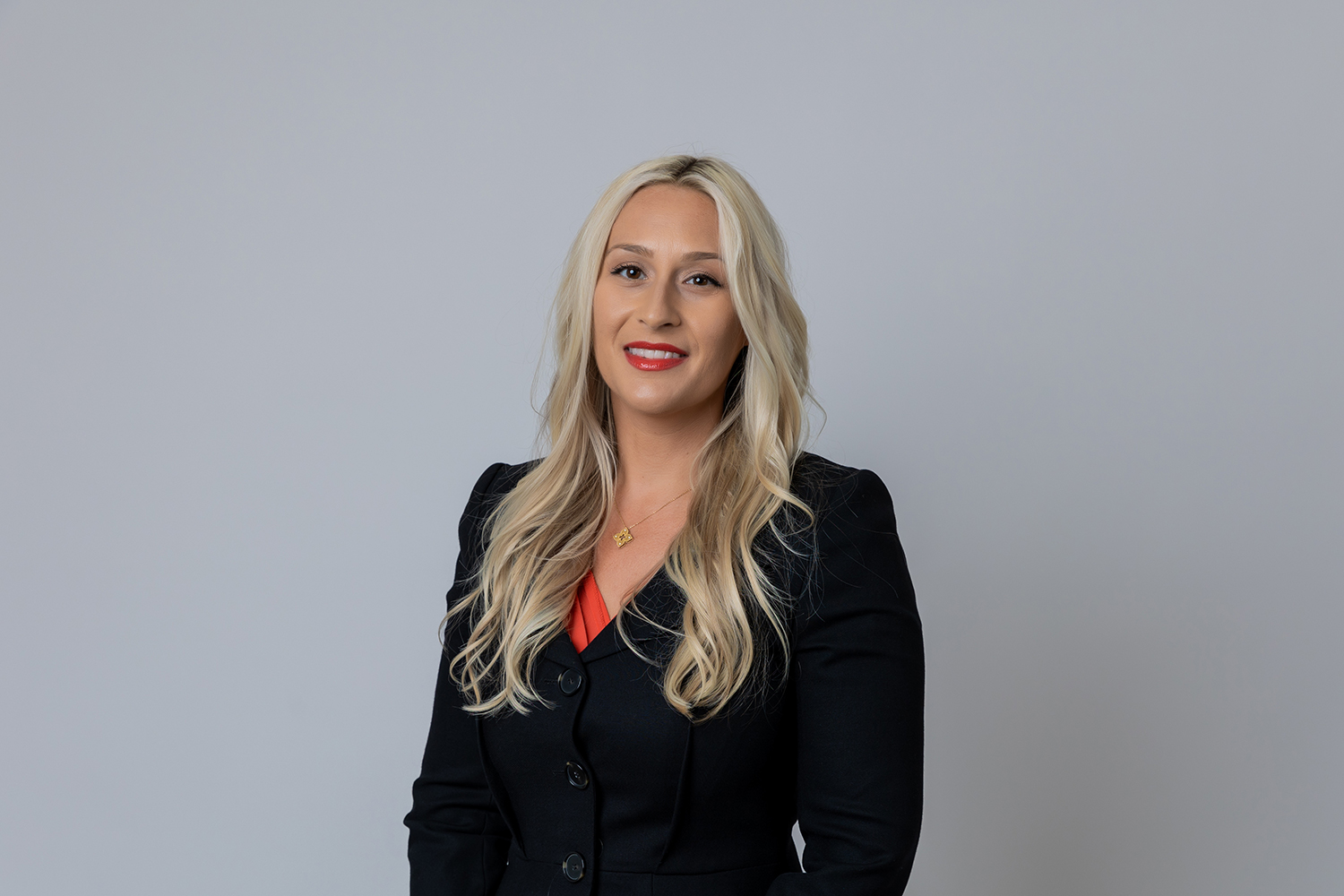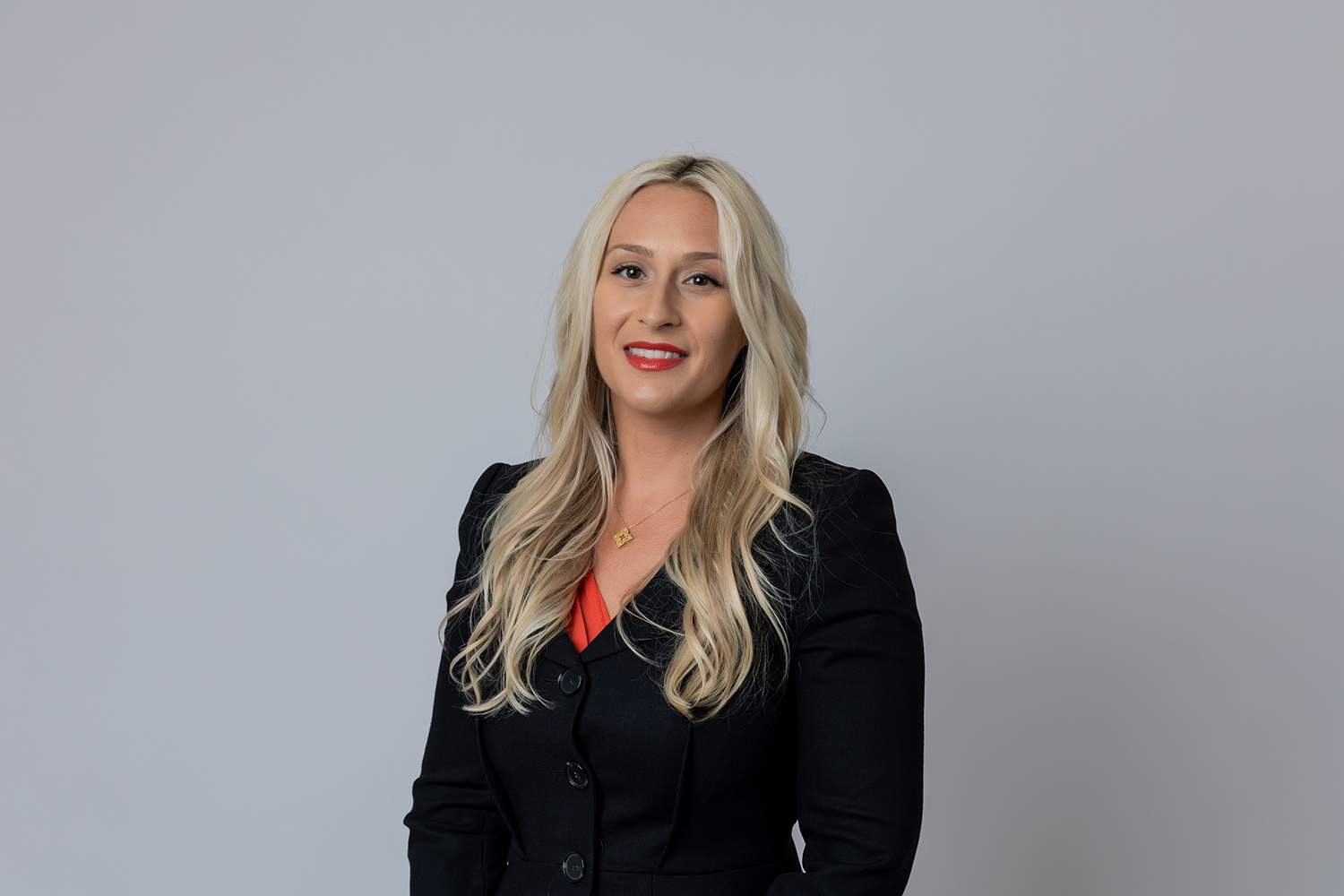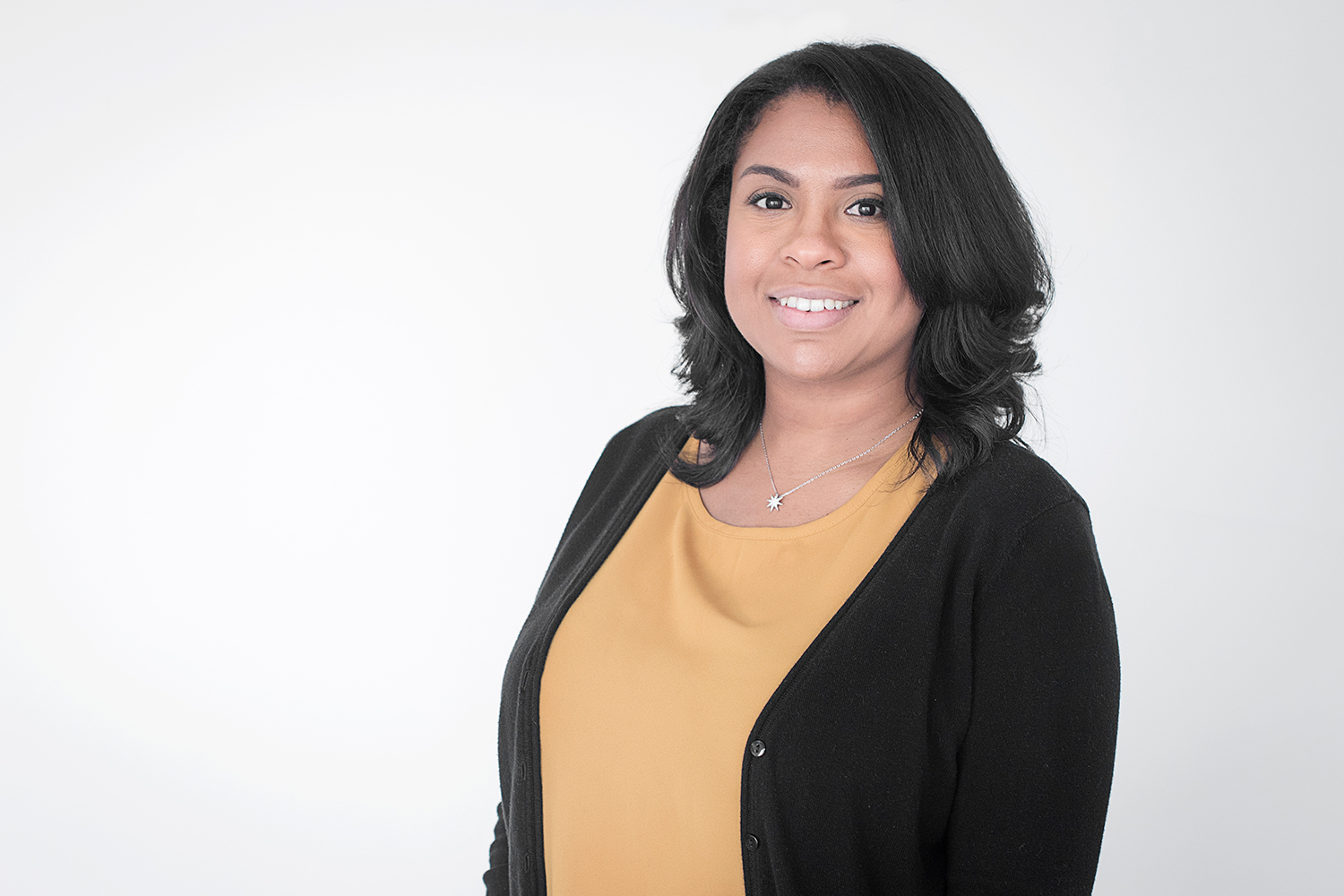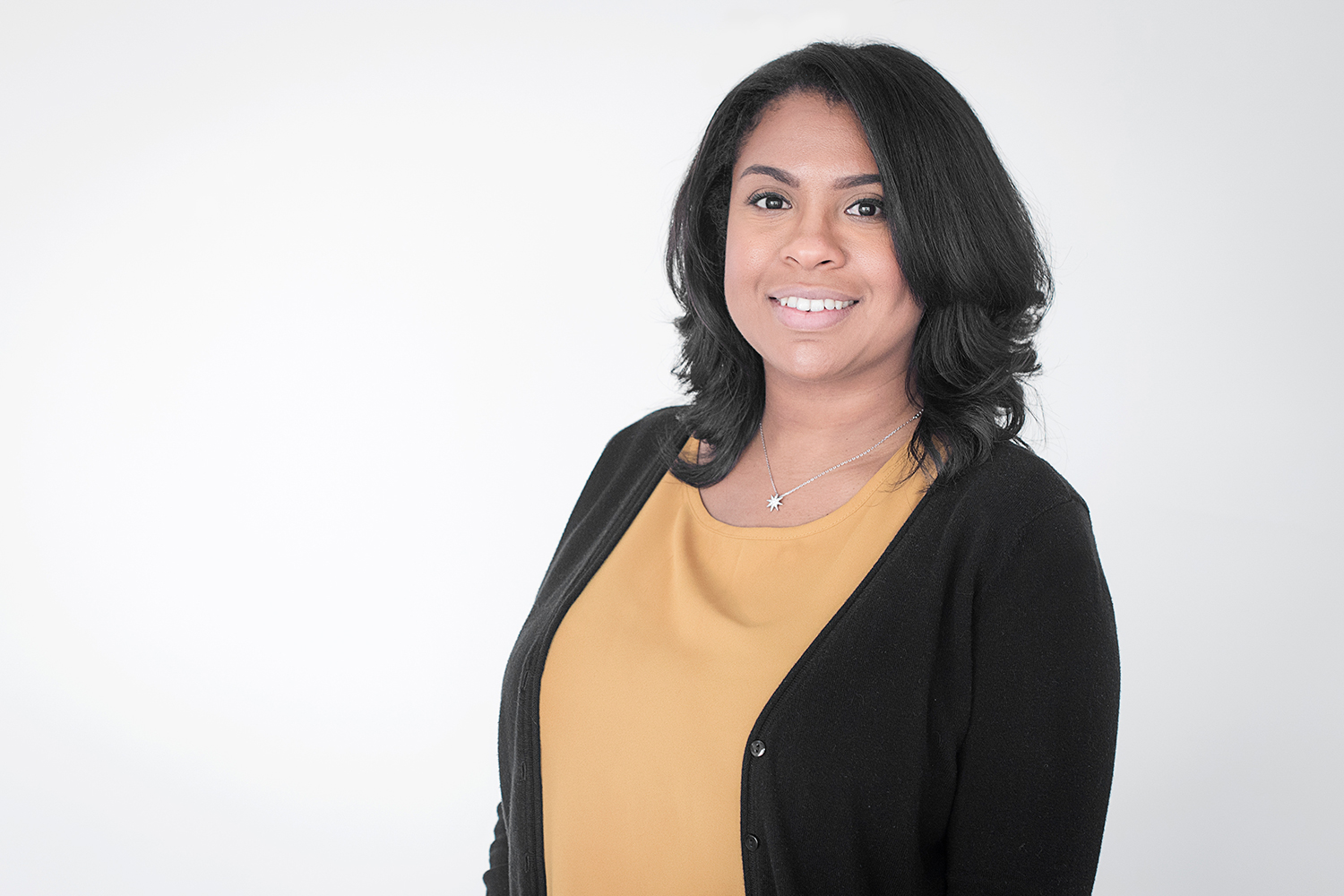
Sophie Peat
Partner | Legal
Cayman Islands

Sophie Peat
Partner
Cayman Islands
Services
We have the expertise to handle the most demanding transactions. Our commercial understanding and experience of working with leading financial institutions, professional advisers and regulatory bodies means we add real value to clients’ businesses.
Sectors
Our sector approach relies on smart collaboration between teams who have a deep understanding of related businesses and industry dynamics. The specific combination of our highly informed experts helps our clients to see around corners.
We have the expertise to handle the most demanding transactions. Our commercial understanding and experience of working with leading financial institutions, professional advisers and regulatory bodies means we add real value to clients’ businesses.
Legal
Corporate and Fiduciary
Consulting
Banking and Finance
Corporate
Dispute Resolution
Employment law
Intellectual Property
Investment Funds
Listing Services
Local Legal Services
Ogier Regulatory Consulting
Our sector approach relies on smart collaboration between teams who have a deep understanding of related businesses and industry dynamics. The specific combination of our highly informed experts helps our clients to see around corners.
Ogier provides practical advice on BVI, Cayman Islands, Guernsey, Irish, Jersey and Luxembourg law through our global network of offices across the Asian, Caribbean and European timezones. Ogier is the only firm to advise on this unique combination of laws.
Keep up to date with industry insights, analysis and reviews. Find out about the work of our expert teams and subscribe to receive our newsletters straight to your inbox.
Fresh thinking, sharper opinion.
We get straight to the point, managing complexity to get to the essentials. Our global network of offices covers every time zone.
About us
Corporate social responsibility (CSR)
Diversity, equity and inclusion
Information security
Innovation
Sustainability
Insight
21 January 2025
Cayman Islands
2 min read
Now is a good time for brand owners in the Bahamas to review their portfolios and identify and trademarks they may wish to register for services once new legislation comes into effect.
That is according to Ogier Intellectual Property partner Sophie Peat, whose latest update in the International Trademark Association's (INTA) Bulletin focuses on the new Bahamas Trade Marks Act and how it will allow brand owners to protect service classes.
This update first appeared in January 2025 and has been republished with permission from INTA.
Sophie is a member of the INTA and serves on two committees: the Country Guides Committee, for which she has authored guides for the Cayman Islands and British Virgin Islands, and the Trademark Office Practices Committee (Latin America and Caribbean Subcommittee).
The Parliament of the Bahamas passed the Trade Marks Act, 2024, in July 2024. It will come into force on a date to be published in the Official Gazette. The new legislation has been in the works for more than 10 years and while the timeline to implementation is not yet available, brand owners and practitioners hope the changes will be in place sometime in 2025.
The Act will allow brand owners to file trademarks for services for the first time. Currently, the Bahamas’ Intellectual Property Registry classifies trademarks in accordance with the United Kingdom’s Pre-1938 Classification of Goods as set out in Schedule 2 of the UK’s Trade Marks Rules 2000, which allows for the registration of goods only. The Act allows for classification in all 45 classes of the Nice Classification.
Currently, brand owners who want to try to gain some sort of protection for their "service" marks have had to get creative. Some file for goods that are connected to the services they offer under the trademark in order to secure a level of related protection. For example, those wishing to file for retail services in respect of clothing may file a trademark application covering "clothing". Others have filed in the local "catch-all" class 50, which covers goods not included in the other available classes. However, wherever the term “services” is mentioned in a specification, a refusal is currently issued.
The implementation of the Act will allow brand owners to protect their valuable service marks for the first time and ensure the highest level of protection.
Other examples of how the Act updates trademarks legislation include the following:
Ogier’s Intellectual Property team acts across the full spectrum of intellectual property rights, including brands and trade marks, copyright, industrial designs and patents, specialising in multi-jurisdictional intellectual property clearance, prosecution, exploitation and enforcement.
If you have any questions on the Bahamas Trade Marks Act, please contact Sophie.
Ogier is a professional services firm with the knowledge and expertise to handle the most demanding and complex transactions and provide expert, efficient and cost-effective services to all our clients. We regularly win awards for the quality of our client service, our work and our people.
This client briefing has been prepared for clients and professional associates of Ogier. The information and expressions of opinion which it contains are not intended to be a comprehensive study or to provide legal advice and should not be treated as a substitute for specific advice concerning individual situations.
Regulatory information can be found under Legal Notice
Sign up to receive updates and newsletters from us.
Sign up

